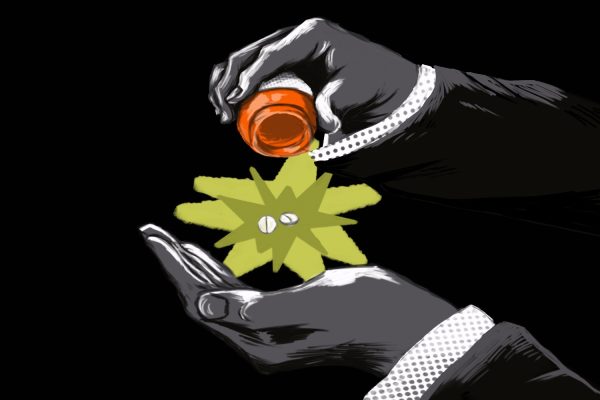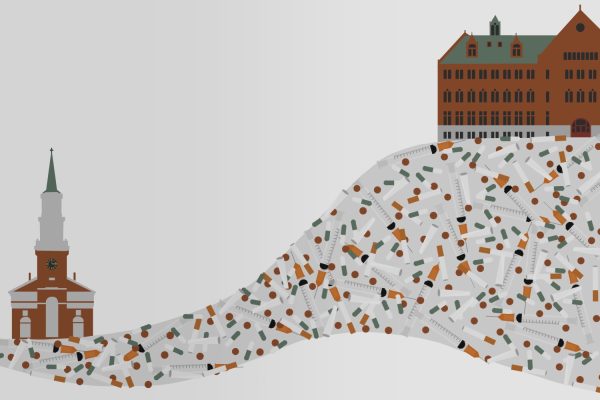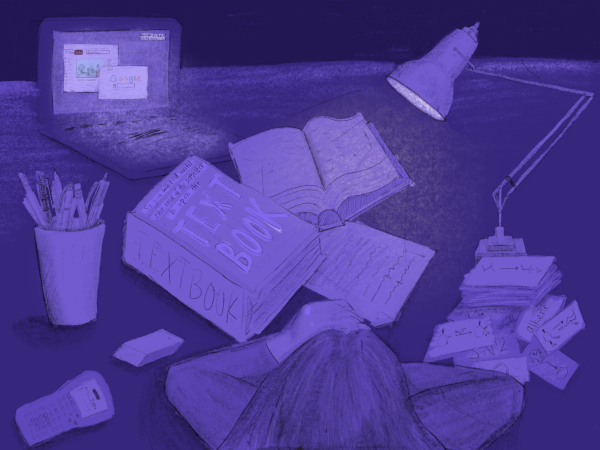UVM’s integrity challenge
Ê
In the past school year, the student environmental organization Student Climate Culture (SCC) has received attention for its effort to convince the administration to divest UVMÕs endowment of fossil fuels.
You may have heard about the ÒhowÓ of divestment from Cynic news articles, the Watertower, or from SCC members in person or on Facebook.
You may also be familiar with other divestment campaigns or other environmental movements that have involved protests, rallies, demonstrations, speak-outs and sit-ins.
While the ÒhowÓ of divestment certainly takes up a good portion of efforts for activists pursuing a clean energy future, the ÒwhyÓ is at the core of the discussion.
The motivations behind divesting from fossil fuels are both environmental and moral. SCC is, in essence, asking the University to live up to its ethical and ecological mission to build a more progressive, innovative, responsible and green university.
If society continues on a path of destruction for the next eight years, we will warm the planet by +2 degrees Celsius, which will create grave planetary instability and endanger all life on earth. By the end of the century, we will warm the planet by 5 degrees Celsius, thus ending the planetÕs ability to support human life.
The divestment campaign is about saving the lives of those yet to be born, as well as those in the under 30 generation.
I maintain that climate change is about respect and justice for those who cannot speak for themselves, and the responsibility to keep the planetÕs life support systems intact.
Ê
For these reasons, it would certainly be an incredible gain in the future of the earth for us, as a society, to curb our dependence on these destructive energy practices. Instead of promoting destruction, our university should foster creative and innovative processes that will reduce this dependence and pioneer sources of alternative energy.
Over 300 other schools are working toward divestment as well. Middlebury College, St. MichaelÕs College and Green Mountain College are currently running divestment campaigns, and some schools have already succeeded in developing a plan with the economic body to adjust investments.
The Board of Trustees approval of divesting from fossil fuels will send the message that we as a university do not support the exploitation of the earth and its people. This does not hold with Our Common Ground
Some may argue that this is an economic problem, not a moral problem. Fossil fuels are lucrative here and now, and they are dependable for the time being. Would divestment hurt the endowment of the university? Would this be a poor economic choice?
Research done by experts says no. The risk for the university being harmed by divesting from fossil fuels is nearly zero.
Fossil fuel resources are also finite. We are depleting them at an unprecedented rate and they will not be here forever.
By investing in sustainable practices, we will be aiding in the security of the future of society, and assisting in the innovative practices that will in turn come to our rescue.
There are many factors of a political or environmental campaign that are necessary for the success of the campaign.
One of these factors is numbers. UVM has a large and vibrant campaign, and we as students have the capability to promote change just by getting involved and showing support.
There are many roles to be filled, ranging in involvement and time commitment, and all are important.
If you are inspired by this movement and seek to make a positive change for our collective futures, check out our SCC meetings on Monday nights at 6 p.m. in Lafayette, 207.






